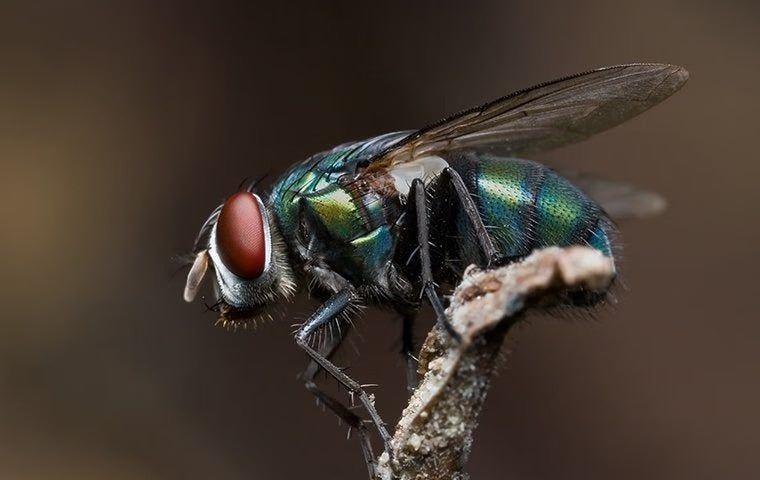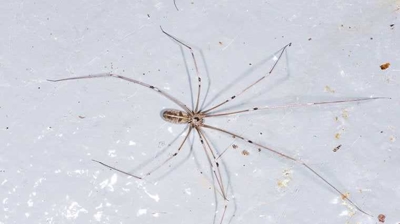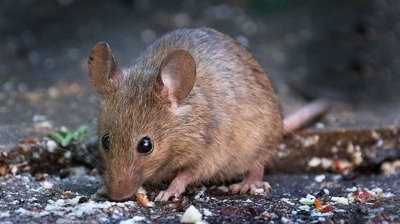
Bottle Fly Identification & Prevention
Frequently Asked Questions About Bottle Flies
Have questions? We are here to help. Still have questions or can't find the answer you need? Give us a call at 252-424-7966 today!

-
How can I prevent bottle flies in the future?
Bottle flies pose significant health risks in addition to being a nuisance. Avoid the problems they cause by implementing the following prevention techniques.
- Keep doors and windows closed whenever possible.
- Repair damaged screens.
- Place weather-stripping around windows and doors.
- Inspect your home’s exterior walls and seal any openings.
- Place covers over vents entering into your home.
- Make sure trash cans have tight-fitting lids.
- If you own pets, clean up their excrement daily.
- Remove trash from your home daily.
-
How do I get rid of bottle flies?
Acquiring help from a professional home pest control expert is the best way to get rid of bottle flies and keep them from returning. At Albemarle Termite & Pest Control, our highly trained technicians work hard to provide affordable, safe, and effective pest control services in Elizabeth City, NC. As a local, family-owned pest control company, our top priorities are putting our customers first and exceeding expectations. If you are looking to eliminate pests from your property once and for all, call Albemarle Termite & Pest Control today!
-
Where will I find bottle flies?
Bottle flies live mainly outside, gathering in large numbers around breeding sites and sources of food.
These flies also often find their way inside homes and other buildings. Bottle flies enter inside through spaces around windows and doors, torn screens, and holes in exterior walls.
They often enter a structure when there is the presence of dead rodents or other animals behind its walls.
-
Why do I have a bottle fly problem?Bottle flies feed on less than sanitary things like decaying meats, carcasses, and garbage. They are attracted to properties that offer them easy access to food sources and breeding sites. These flies also have the potential to become a problem inside homes and businesses like restaurants, grocery stores, and other places where food is prepared or stored. They are especially active and problematic for property owners during the warmest summer months.
-
Are bottle flies dangerous?Bottle flies lay their eggs in excrement, carrion, and other decaying matter, causing them to pick up, carry, and transmit a variety of pathogens and parasites on their bodies and legs. Bottle flies contaminate food, food prep areas, and other surfaces with things that can cause dysentery, diarrhea, and food poisoning. Keeping bottle flies off of your property and out of your home is an important step in protecting the health of yourself and your family.
-
What are bottle flies?
Bottle flies are medium-sized species of flies. They look similar to the common housefly but are slightly larger in size. They have a metallic appearance that varies in color from blue, green, and gold to shiny black. Their eyes are large and reddish-brown, and they have transparent wings.
The larvae of bottle flies are worm-like and have a pale yellow to white color. They have hook-like mouthparts, are eyeless, and the body tapers from the head to the backend.



